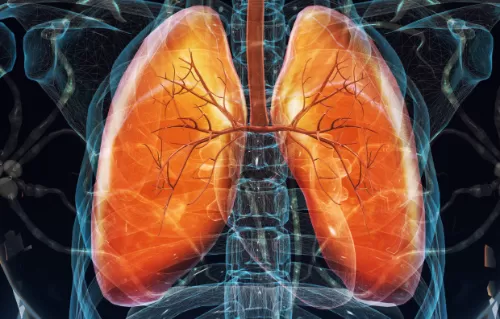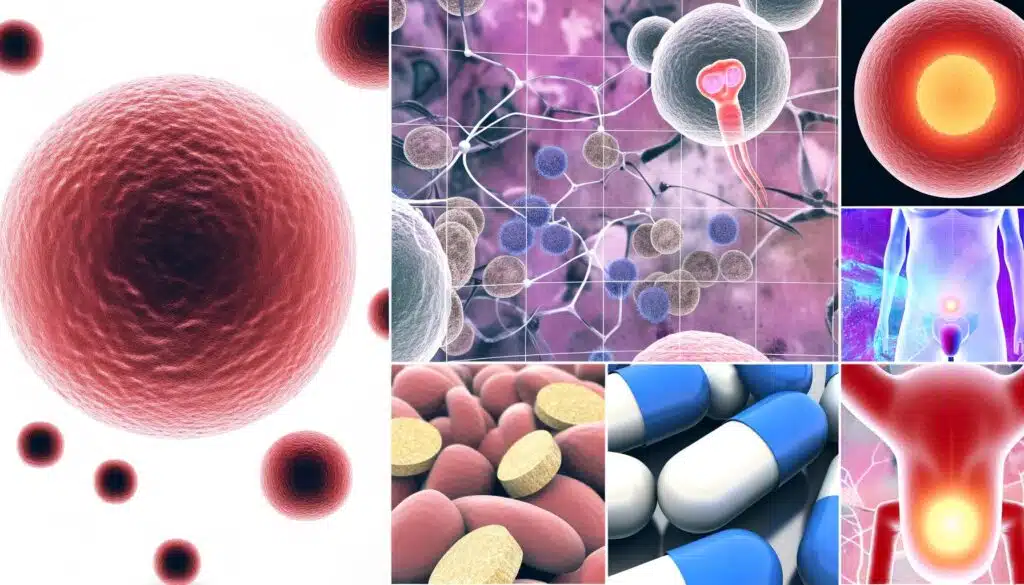Understanding Lung Cancer: Types, Stages, and Treatment Options
Lung cancer is a leading cause of cancer-related deaths worldwide. Understanding the different types, stages, and treatment options is essential for early detection and improved outcomes.

Small Cell Lung Cancer
Small cell lung cancer (SCLC) is a fast-growing type of lung cancer typically associated with smoking. It often spreads quickly to other parts of the body, making early diagnosis and treatment crucial. Common treatment options include chemotherapy, radiation therapy, and targeted treatments.
Non-Small Cell Lung Cancer
Non-small cell lung cancer (NSCLC) is the most common type of lung cancer, accounting for about 85% of cases. It grows more slowly than SCLC and is often treatable in the early stages through surgery, radiation, and immunotherapy.
Stage 4 Lung Cancer
Stage 4 lung cancer is the most advanced stage, where the cancer has spread to distant organs. Treatment focuses on managing symptoms and prolonging survival through chemotherapy, targeted therapy, and supportive care.
Lung Cancer Treatment Options
Treatment options for lung cancer depend on the type and stage of the disease. Surgery, radiation therapy, chemotherapy, immunotherapy, and targeted therapy are commonly used. Advances in personalized medicine allow treatments to be tailored to individual genetic profiles, improving outcomes.
Stage 3 Lung Cancer
Stage 3 lung cancer is categorized into sub-stages based on tumor size and the extent of spread. Multimodal treatments, including a combination of surgery, radiation, and chemotherapy, are often recommended for patients at this stage.
Stage 4 Lung Cancer Survival Rate by Age
Survival rates for stage 4 lung cancer vary by age, overall health, and response to treatment. While prognosis is generally challenging at this stage, younger patients and those who respond well to targeted therapies may experience improved outcomes.
Early detection and timely treatment are vital in improving survival rates for lung cancer. If you or a loved one is at risk, consult with a healthcare professional to explore diagnostic and treatment options.

5 Proven Weight Loss Hacks You Need to Try in 2025

Why More Americans Are Turning to Online Pharmacies for Their Medications

Your Complete Guide to Convenient and Comprehensive Physical Exams

Understanding Prostate Cancer: Symptoms and Treatment Options

Navigating Medical Programs: A Guide To Degrees, Speed, And Coverage

Break Free From Darkness Quick Tips To Overcome Depression

Boost Your Performance Exploring Male Enhancement Gummies







